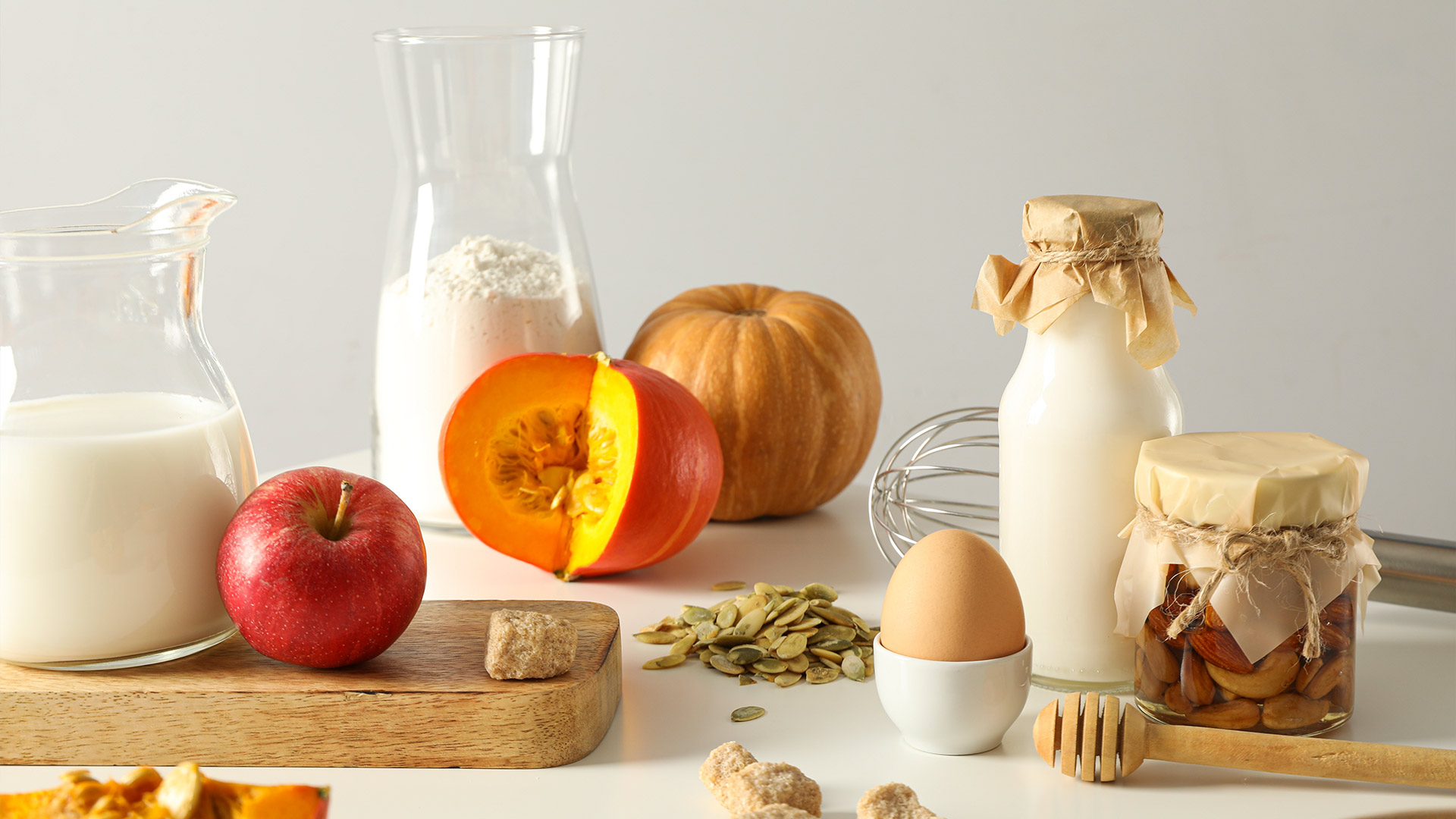We all joke about "senior moments" and forgetting where we put our keys, but let’s be honest—no one wants to feel like their brain is aging faster than the rest of them. The good news? You can absolutely take steps to keep your brain sharp, focused, and full of energy, no matter your age.
And here's the bonus: many of the things that boost brain health also help slow down overall aging. So yeah, taking care of your brain is basically a two-for-one deal for your future self.
Let’s get into the real, doable ways to power up your brain and age with clarity, not just grace.
Eat to Feed Your Brain
What you eat seriously matters. Your brain is like a high-performance engine—it needs the right fuel to function well, especially as you get older.
Try to load up on:
- Fatty fish (like salmon, sardines, and mackerel): high in omega-3s, which are essential for memory and learning
- Blueberries: packed with antioxidants that protect your brain from oxidative stress (a.k.a. aging)
- Leafy greens like spinach and kale: full of vitamin K, folate, and beta carotene, all good for cognitive function
- Nuts, especially walnuts: they even look like little brains and are great for yours, thanks to healthy fats and vitamin E
A real-life tip? Swap your afternoon cookie with a handful of walnuts and some dark chocolate chips. Your brain will thank you—and your skin might too.
Move That Body (Your Brain Loves It)
Exercise doesn’t just tone your body—it tones your brain. When you move, you increase blood flow to the brain, which brings in oxygen and nutrients and helps grow new brain cells.
Regular movement:
- Improves memory
- Reduces brain fog
- Increases the size of the hippocampus (the part of your brain that handles memory)
- Helps you sleep better (which helps your brain even more)
You don’t need to train for a marathon. A brisk 30-minute walk, a dance session in your living room, or some light strength training all count. The key is consistency.
And if you want to level up? Try dancing or tai chi—anything that makes your body and brain work together.
Keep Learning (Seriously, Never Stop)
Your brain LOVES learning. It doesn’t matter if it’s a new language, how to bake sourdough, or playing the ukulele. Challenging your brain helps it stay flexible and builds new neural pathways—a process called neuroplasticity.
Even five minutes a day of something new counts:
- Try a brain game app
- Read non-fiction outside your usual interests
- Watch a documentary instead of another reality show
- Learn a few phrases in a new language
People who keep learning throughout life tend to have lower rates of cognitive decline and are less likely to develop age-related memory issues. So go ahead and sign up for that random online class—it’s brain Botox.
Manage Your Stress (Because Cortisol Is a Brain Drain)
Chronic stress doesn’t just make you feel awful—it literally shrinks your brain. High levels of cortisol can damage the hippocampus over time, hurting memory and focus.
Meditation, deep breathing, journaling, or just unplugging from screens can help lower stress levels. Even short breaks during your day where you close your eyes and breathe deeply for one minute can make a difference.
Oh, and don’t forget laughter. It’s actually been shown to lower stress hormones and improve short-term memory. So yes, that silly cat video is technically brain care.
Sleep: The Ultimate Brain Detox
Sleep is when your brain does housekeeping—clearing out waste proteins that, if left to build up, can lead to serious issues like Alzheimer’s.
Lack of sleep over time can:
- Kill focus
- Mess with memory
- Speed up brain aging
- Increase risk of neurodegenerative diseases
Most adults need 7–9 hours of quality sleep a night. If you’re waking up groggy, struggling with focus, or crashing in the afternoons, your brain might be sleep-starved.
Try these for better sleep:
- Keep a consistent bedtime
- Avoid caffeine after 2pm
- Use blackout curtains and make your room cool and quiet
- Skip the doomscrolling before bed—seriously
Hydration and Brainpower? Yep, They’re Linked
Being even a little dehydrated can affect your ability to concentrate and remember things. Your brain is about 75% water, and it needs that water to keep firing on all cylinders.
Signs you’re not hydrated enough?
- Headaches
- Fatigue
- Brain fog
- Trouble focusing
Make it a habit to carry a water bottle and actually drink from it. Herbal teas and water-rich foods (like cucumber, watermelon, or oranges) help too.
Protect Your Brain From... You Know, Junk
Ultra-processed foods, too much sugar, and heavy alcohol consumption all age your brain faster. They increase inflammation, mess with your gut (which affects your brain), and can actually shrink brain volume over time.
It doesn’t mean you can never enjoy a treat—just be mindful. Balance the indulgences with nutrient-dense foods and brain-friendly habits.
As for alcohol, the Mediterranean rule of one glass of red wine with dinner now and then? Cool. Half a bottle on a Tuesday night? Maybe rethink it.
Social Connection = Mental Sharpness
People who stay socially active and emotionally connected tend to have better memories and fewer signs of cognitive decline. Being around people you enjoy keeps your mind engaged, your spirits lifted, and your brain working.
Even a quick phone call, a shared laugh, or a coffee catch-up can do wonders. Loneliness, on the other hand, has been linked to faster brain aging and even a higher risk of dementia.
So yeah, texting your best friend to rant about your week or joining a trivia night is technically anti-aging now.



